TEMPO.CO, Jakarta - Despite previously condemning Israel's actions in Gaza, the G7 nations have once again displayed clear bias and double standards. They continue to endorse Israel's "right to defend itself," even as evidence suggests Israel initiated the recent conflict with Iran which led to mounting civilian casualties.
As reported by Al Mayadeen, G7 leaders on Monday, June 16, 2025, called for de-escalation in the Israel-Iran war. However, they placed most of the responsibility on Iran while reaffirming their support for Israel's purported right to self-defense.
This diplomatic stance by the summit participants raises serious questions about the group's impartiality. The G7 appears to ignore the realities on the ground, a position that also reflects the continued influence of the United States, despite President Donald Trump's perceived distancing from their alliances during his previous term.
Key Points from the G7 Joint Statement
Referring to Israel's military actions and Iran's retaliatory strikes as "hostilities," the joint statement, issued by Canada, declared: "We urge that the resolution of the Iranian crisis leads to a broader de-escalation of hostilities in the Middle East, including a ceasefire in Gaza."
The statement further emphasized that Israel "has a right to defend itself" and stressed "the importance of the protection of civilians." However, contrary to these claims, Israel has consistently launched unprovoked attacks targeting civilian populations and infrastructure since the conflict began, including recent strikes on Iran's national broadcast station and Al-Farabi Hospital.
The G7 nations—the UK, Canada, France, Germany, Italy, Japan, and the United States—also reiterated their position that Iran "can never have a nuclear weapon." Yet, they remained silent on the widely known, though unacknowledged, existence of Israeli nuclear weapons and completely ignored the fact that Iran has never sought to possess them.
Potential U.S. Involvement in the Armed Conflict
Appearing on the international stage at the G7 summit in Canada, Trump issued a stark warning via his social media platform, Truth Social: "Everyone should immediately evacuate Tehran!"
This unusual statement from a state leader raised concerns and fueled widespread speculation about potential direct U.S. involvement or support for Israel's ongoing military operations against Iran.
Initially reported to be hesitant, Trump ultimately approved the G7 joint statement released during a dinner in Kananaskis, Canada. While the document calls for a resolution to the "Iranian crisis," it conspicuously avoids explicit mention of Israel's airstrikes that triggered the recent escalation.
Instead, it reaffirms "Israel's right to self-defense" and vaguely calls for the protection of civilian populations. These carefully chosen words further underscore the G7's consistent diplomatic protection of Israel, as the statement fails to address Israel's extensive bombing campaign against Iranian civilian populations.
Earlier this week, Israeli Defense Minister Katz even called for the deliberate killing of Iranian civilians, an appeal swiftly followed by an Israeli attack on an Iranian hospital on Monday. Nevertheless, the G7's call for a ceasefire, including in Gaza, refrains from attributing responsibility to any party.
Although Trump claimed to support diplomatic avenues, his decision to leave the summit early and his support for Israel's attacks reveal the sympathetic stance of the United States. "As soon as I leave here, we're going to be doing something," he told reporters before his departure. He declined to elaborate on whether the U.S. would be militarily involved but emphasized that Iran must "talk immediately before it’s too late."
French President Emmanuel Macron hinted at the possibility of a diplomatic resolution, stating, "There was an offer made for a meeting and an exchange." He also implicitly critiqued Israel's alleged ambition to effect regime change in Iran, cautioning that the bombing campaign thus far has not succeeded in achieving this objective.
However, Macron's statement was overshadowed by his silence in the joint statement regarding Israel's nuclear capabilities and the one-sided framing that portrays Iran as the primary threat.
Iran's Response
The Iranian Foreign Ministry, as quoted by Al Mayadeen, strongly condemned the G7 leaders for supporting the Israeli regime and accusing Iran of causing instability in the region. The ministry's spokesperson, Esmail Baghaei, through a post on his X account on Tuesday, stated that the G7 disregards Israel's blatant aggression against Iran, including attacks on peaceful nuclear facilities and indiscriminate targeting of residential areas.
Baghaei emphasized that the G7's failure to address Israel's flagrant violations of international law damages global norms. He added that G7 member states, especially the three permanent members of the UN Security Council, must be held legally and morally responsible for the aggressive actions taken against a UN member state.
Furthermore, Baghaei asserted that the aggressive war launched by Israel against Iran constitutes a serious violation of the UN Charter and international law. He also viewed these attacks as unprecedented actions that undermine the principles of the non-proliferation regime and the legal protection that should be afforded to non-nuclear states from such aggression.
Editor's Choice: Iranian Ambassador Urges Islamic Countries to Boycott Israeli Products
Click here to get the latest news updates from Tempo on Google News

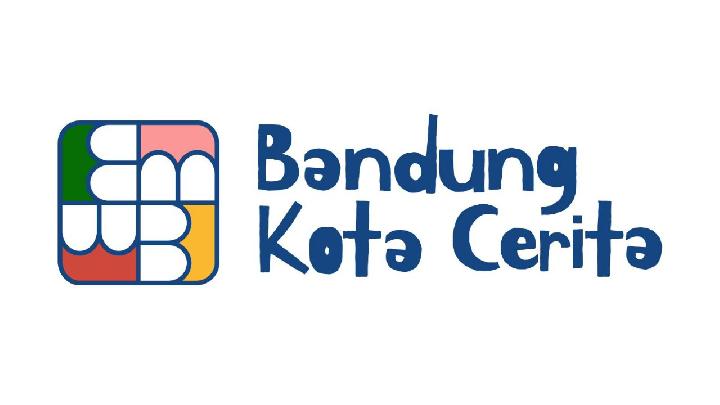


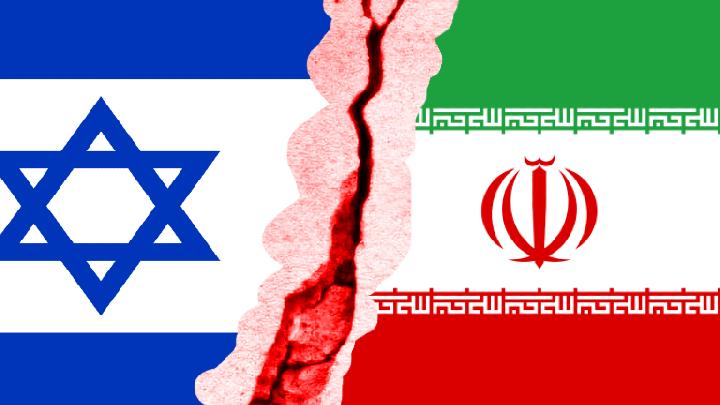



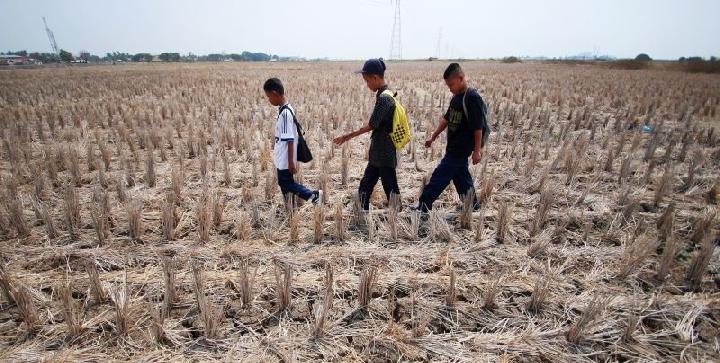





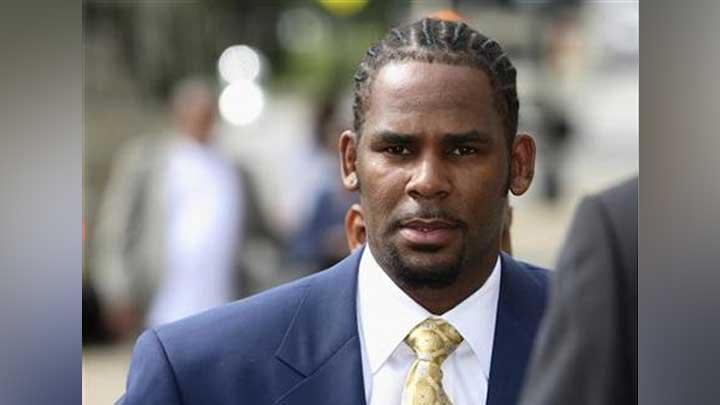
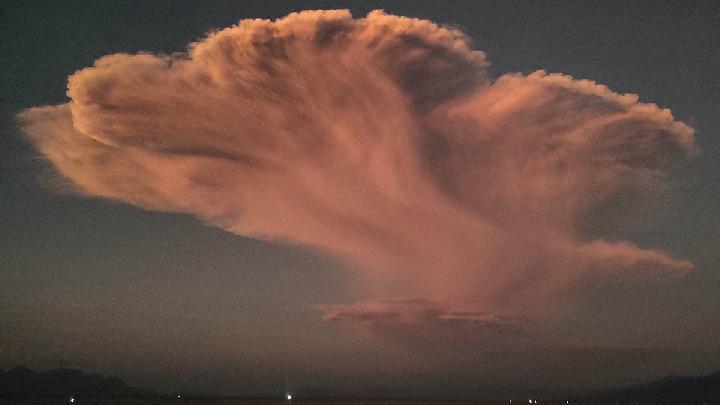


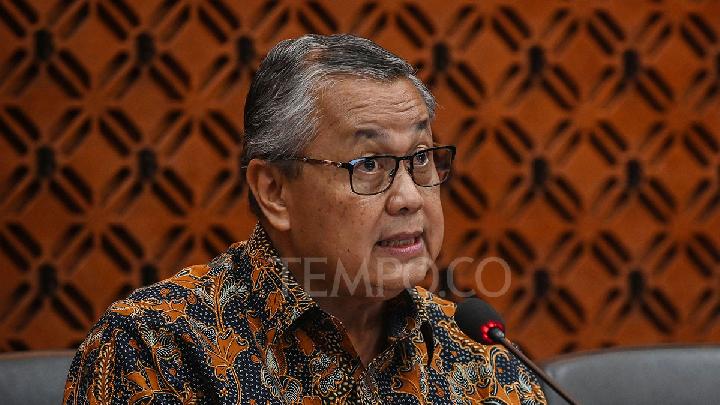
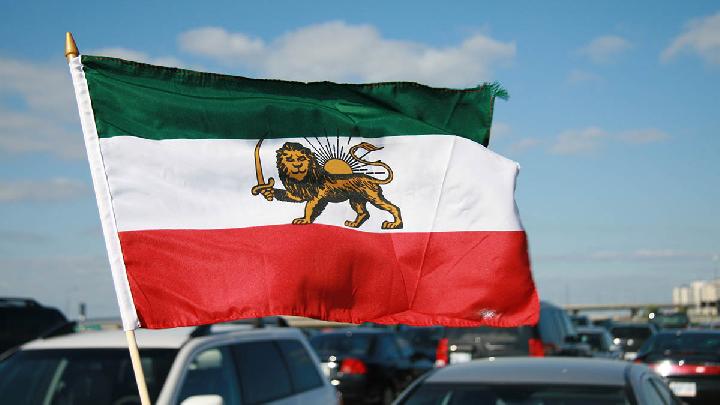











:strip_icc():format(jpeg)/kly-media-production/medias/3977835/original/066021800_1648524608-pexels-ahmed-aqtai-2233416_1_.jpg)
:strip_icc():format(jpeg)/kly-media-production/medias/3449231/original/035609000_1620241432-000_99C2L3.jpg)
:strip_icc():format(jpeg)/kly-media-production/medias/4678420/original/041411600_1701993066-pexels-thirdman-8489077.jpg)
:strip_icc():format(jpeg)/kly-media-production/medias/4779768/original/056174500_1711004488-hands-holding-knife-fork-alarm-clock-plate-blue-background.jpg)
:strip_icc():format(jpeg)/kly-media-production/medias/5134530/original/076641900_1739622826-20250215-Prabowo-AFP_7.jpg)
:strip_icc():format(jpeg)/kly-media-production/medias/3626995/original/056226000_1636431538-252444828_305857281141144_6357930935168472204_n.jpg)
:strip_icc():format(jpeg)/kly-media-production/medias/3508689/original/070798000_1626139545-20210713-Elon-Musk-SolarCity-5.jpg)
:strip_icc():format(jpeg)/kly-media-production/medias/1619105/original/061499300_1496997418-ramadan-main.jpg)
:strip_icc():format(jpeg)/kly-media-production/medias/4769102/original/014075000_1710171937-20240311-Taraweh_Pertama_di_Istiqlal-ANG_1.jpg)
:strip_icc():format(jpeg)/kly-media-production/medias/5106410/original/089112900_1737608852-Buya_Yahya.jpg)
:strip_icc():format(jpeg):watermark(kly-media-production/assets/images/watermarks/liputan6/watermark-color-landscape-new.png,1100,20,0)/kly-media-production/medias/5140628/original/019242500_1740225866-Persita_Tangerang_vs_Borneo_FC-35.jpg)
:strip_icc():format(jpeg)/kly-media-production/medias/4878826/original/064720000_1719661833-WhatsApp_Image_2024-06-28_at_23.09.07.jpeg)
:strip_icc():format(jpeg)/kly-media-production/medias/3902213/original/084057500_1642045386-pexels-ralph-w-lambrecht-1446076__1_.jpg)
:strip_icc():format(jpeg)/kly-media-production/medias/5141412/original/005545700_1740364919-Snapinsta.app_481203089_18446336839077229_3957692586101845976_n_1080.jpg)
:strip_icc():format(jpeg)/kly-media-production/medias/771429/original/006248600_1416892825-m2.jpg)
:strip_icc():format(jpeg)/kly-media-production/medias/2265569/original/050855900_1530514161-20180702-Harga-Pertamax-Naik-di-Semua-Daerah--TALLO-4.jpg)
:strip_icc():format(jpeg)/kly-media-production/medias/4787912/original/016408900_1711630423-20240328-Penukaran_Uang-AFP_6.jpg)
:strip_icc():format(jpeg)/kly-media-production/medias/2240997/original/070157500_1528277766-arches-architecture-building-460680.jpg)
:strip_icc():format(jpeg)/kly-media-production/medias/5139103/original/083951400_1740056485-Screenshot_20250220_192744_Instagram.jpg)
:strip_icc():format(jpeg)/kly-media-production/medias/4290349/original/045313100_1673596178-cek_fakta_kemensos_dana.jpg)